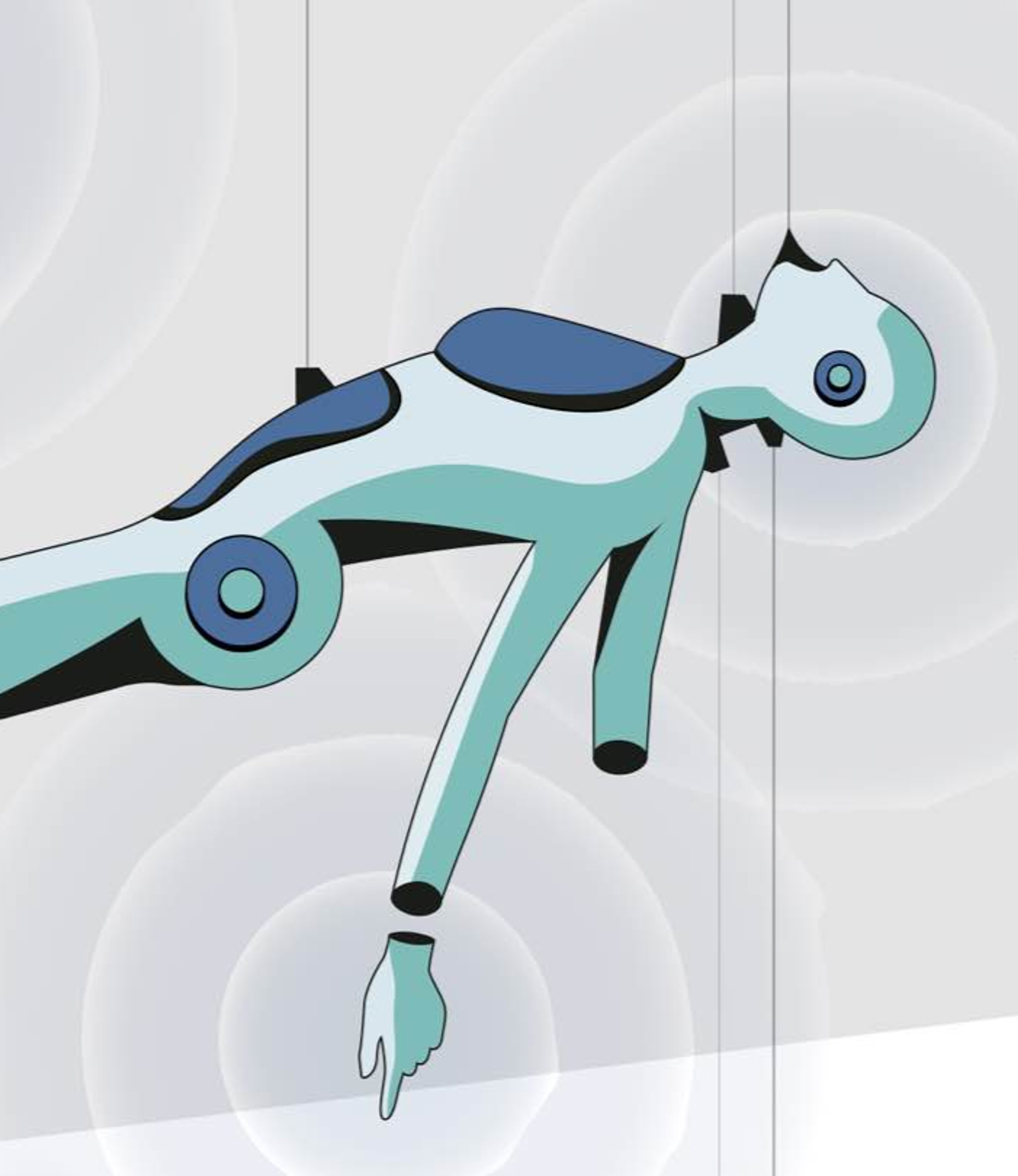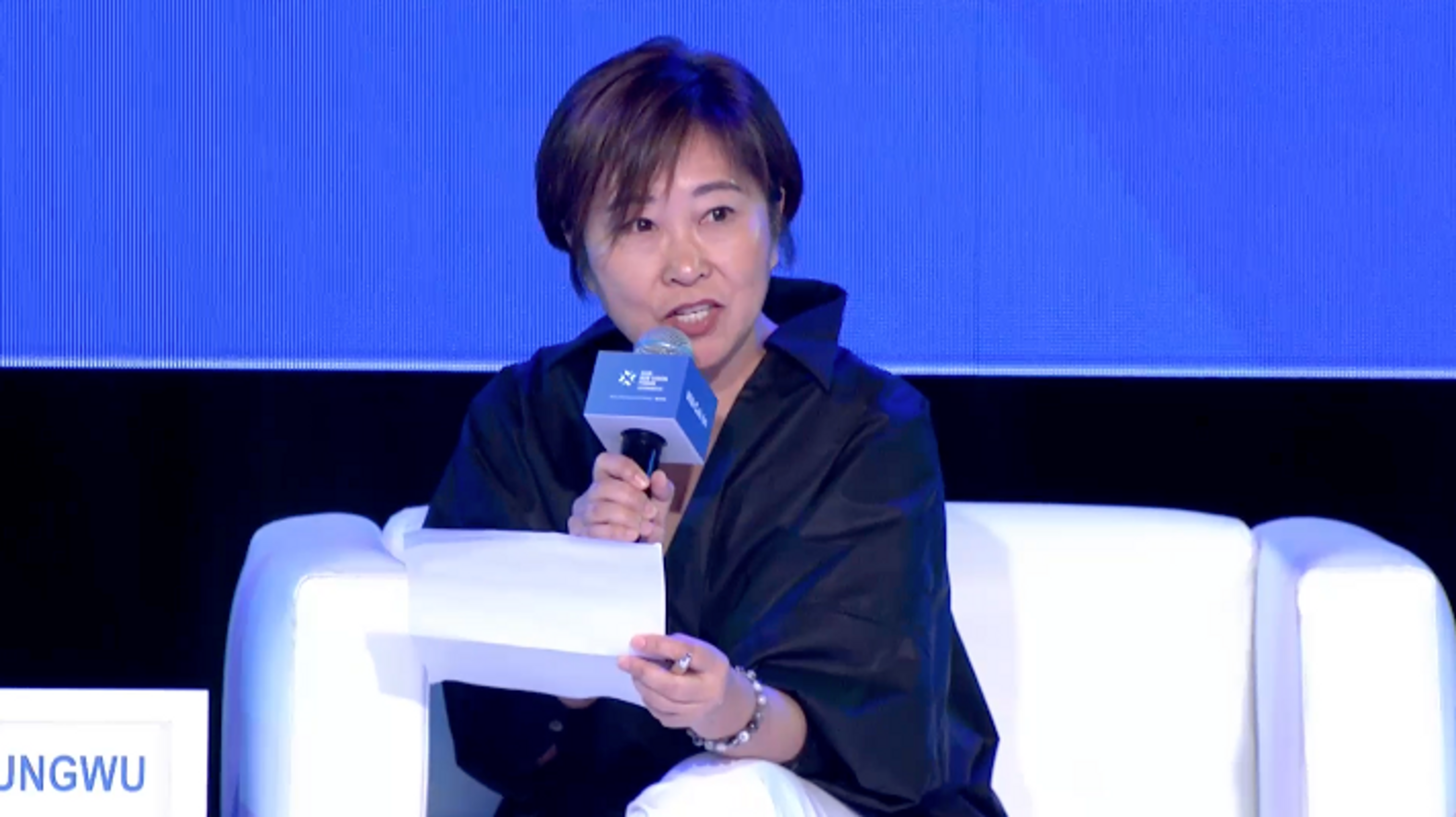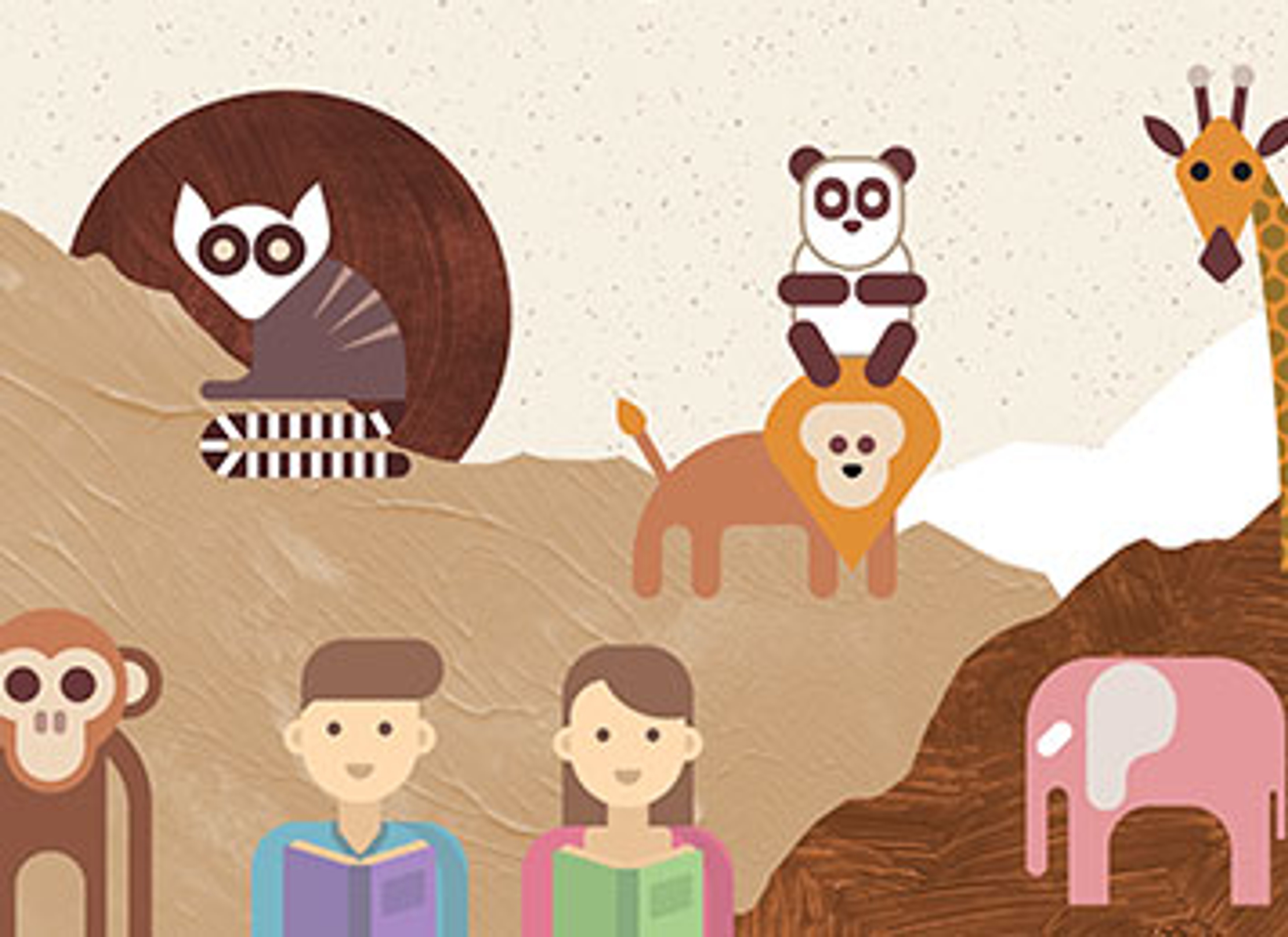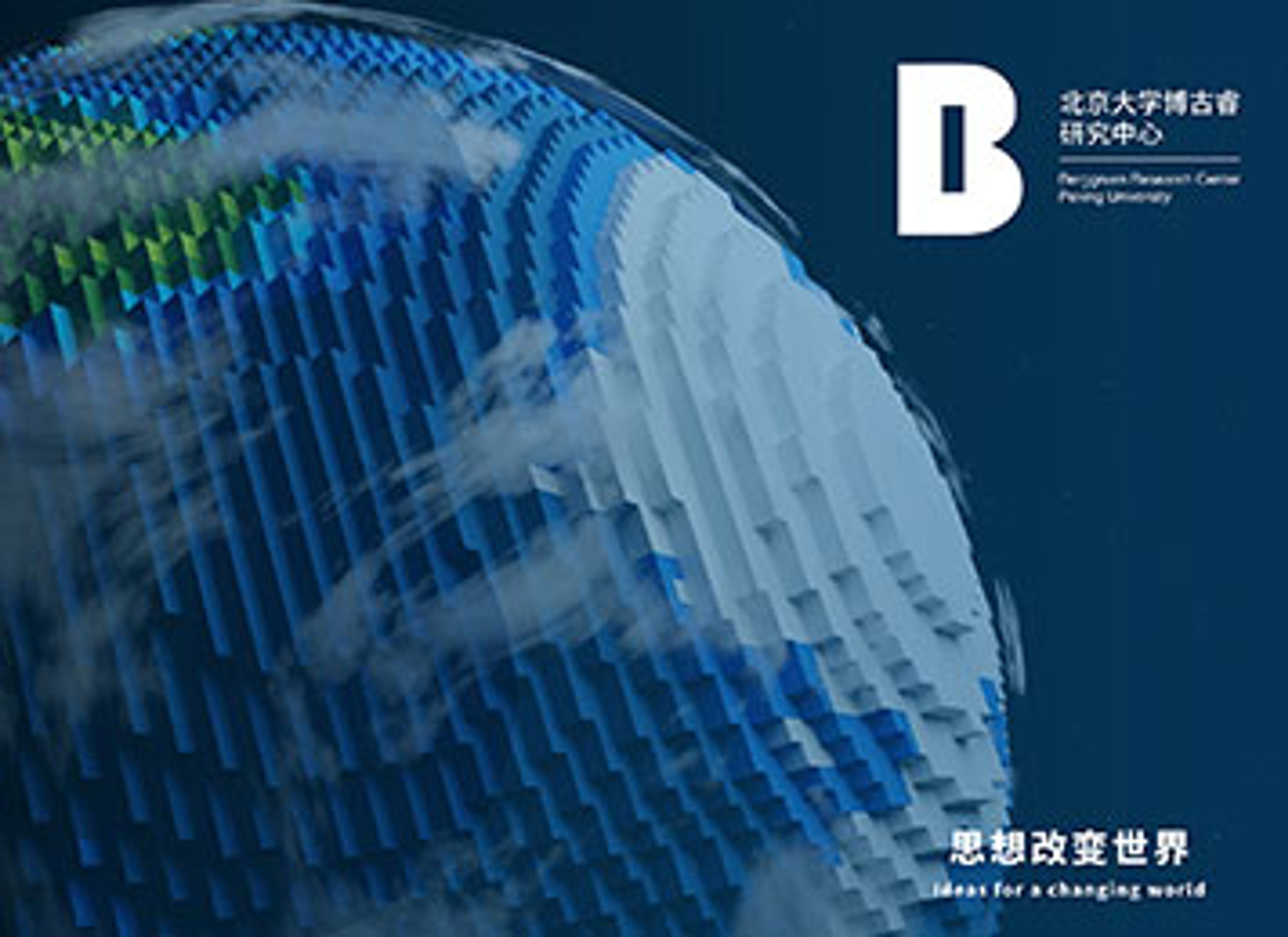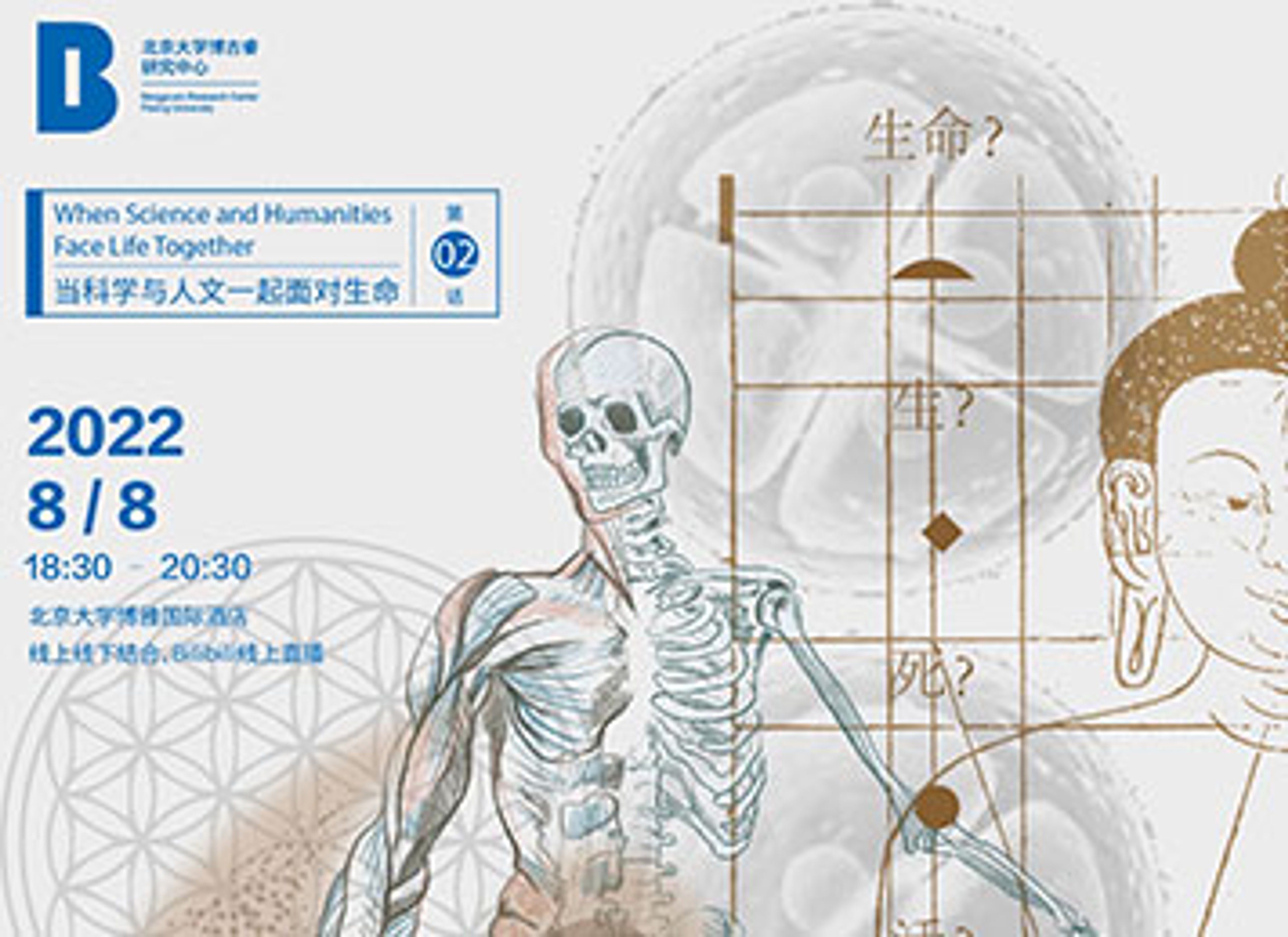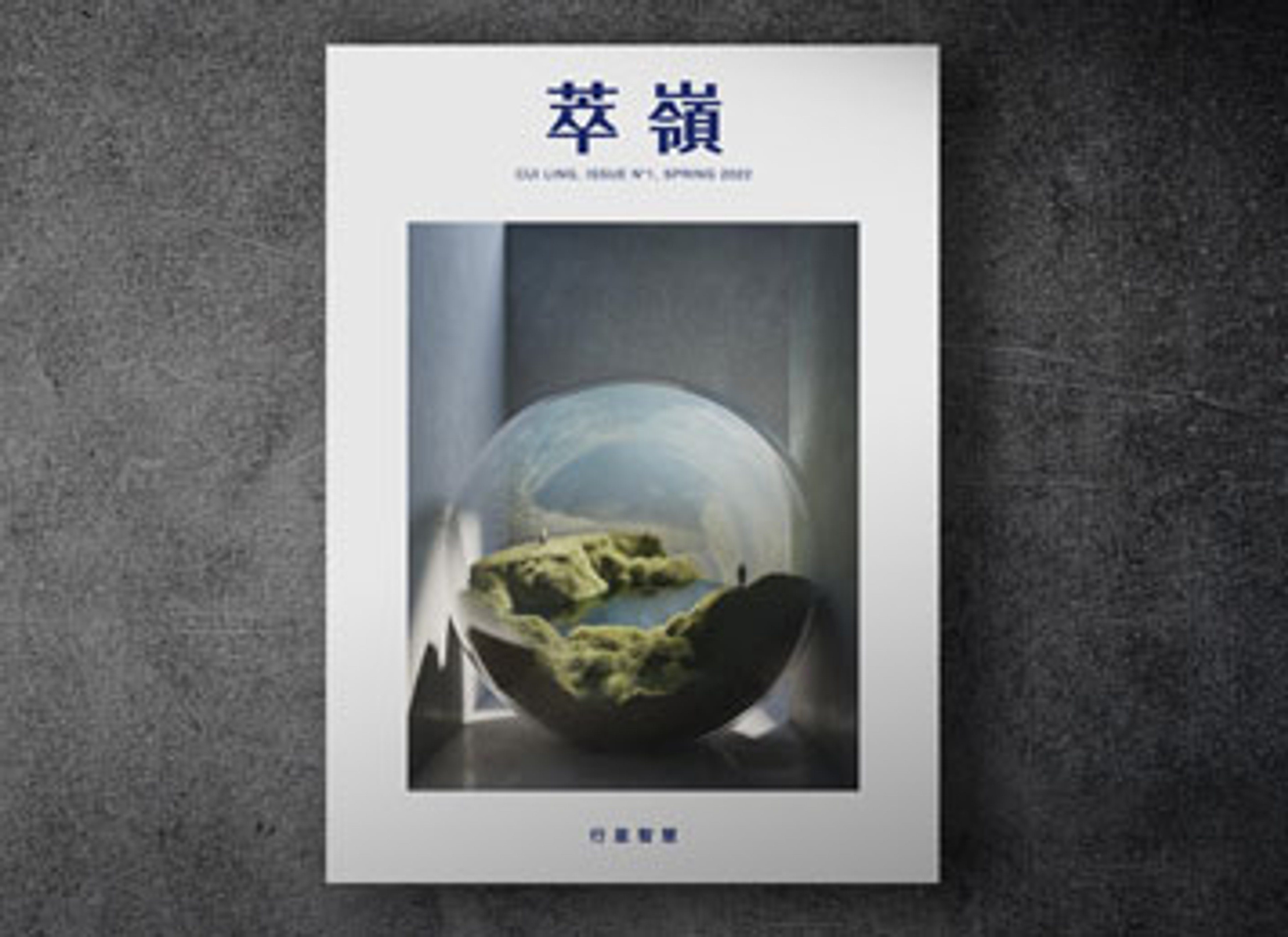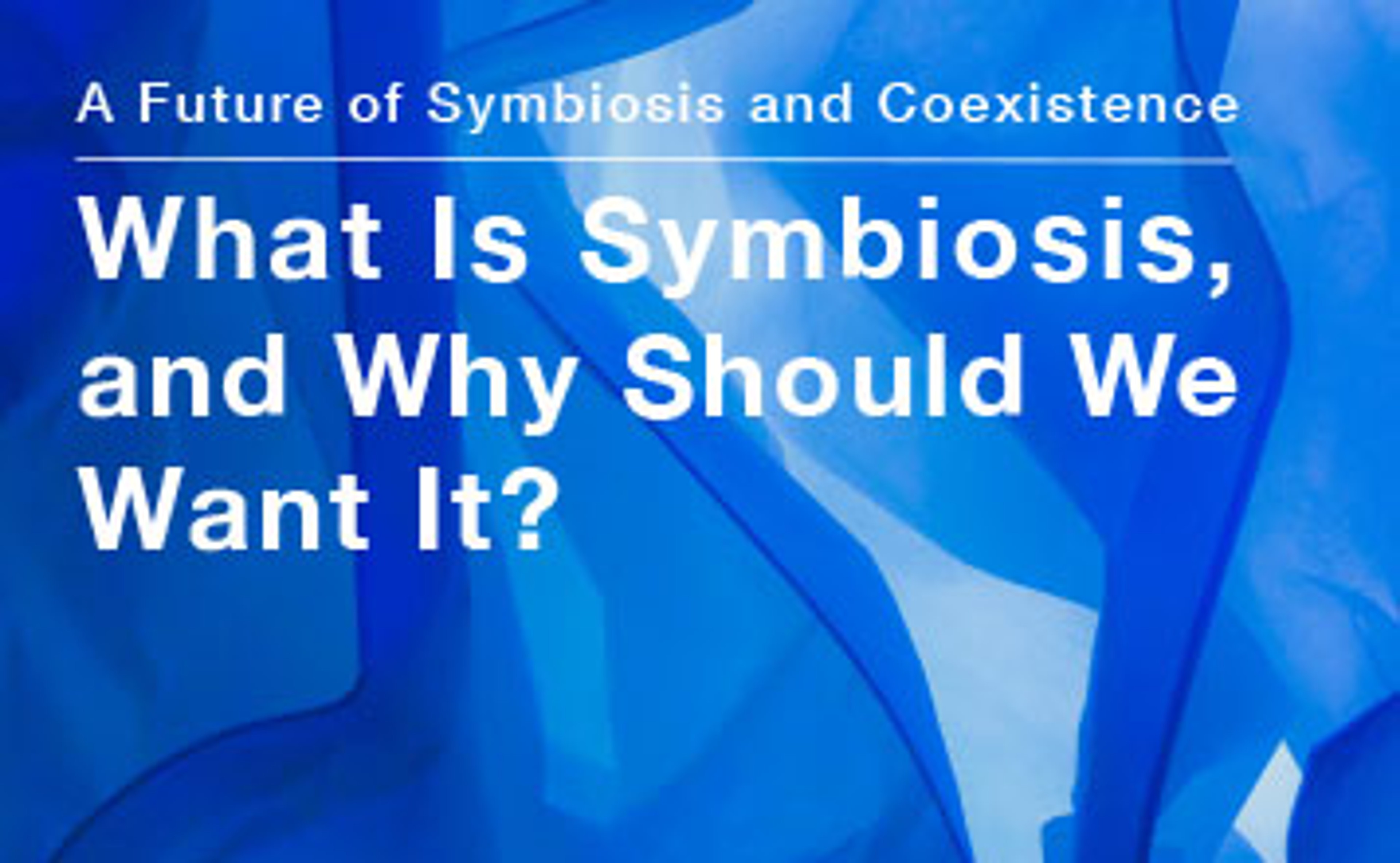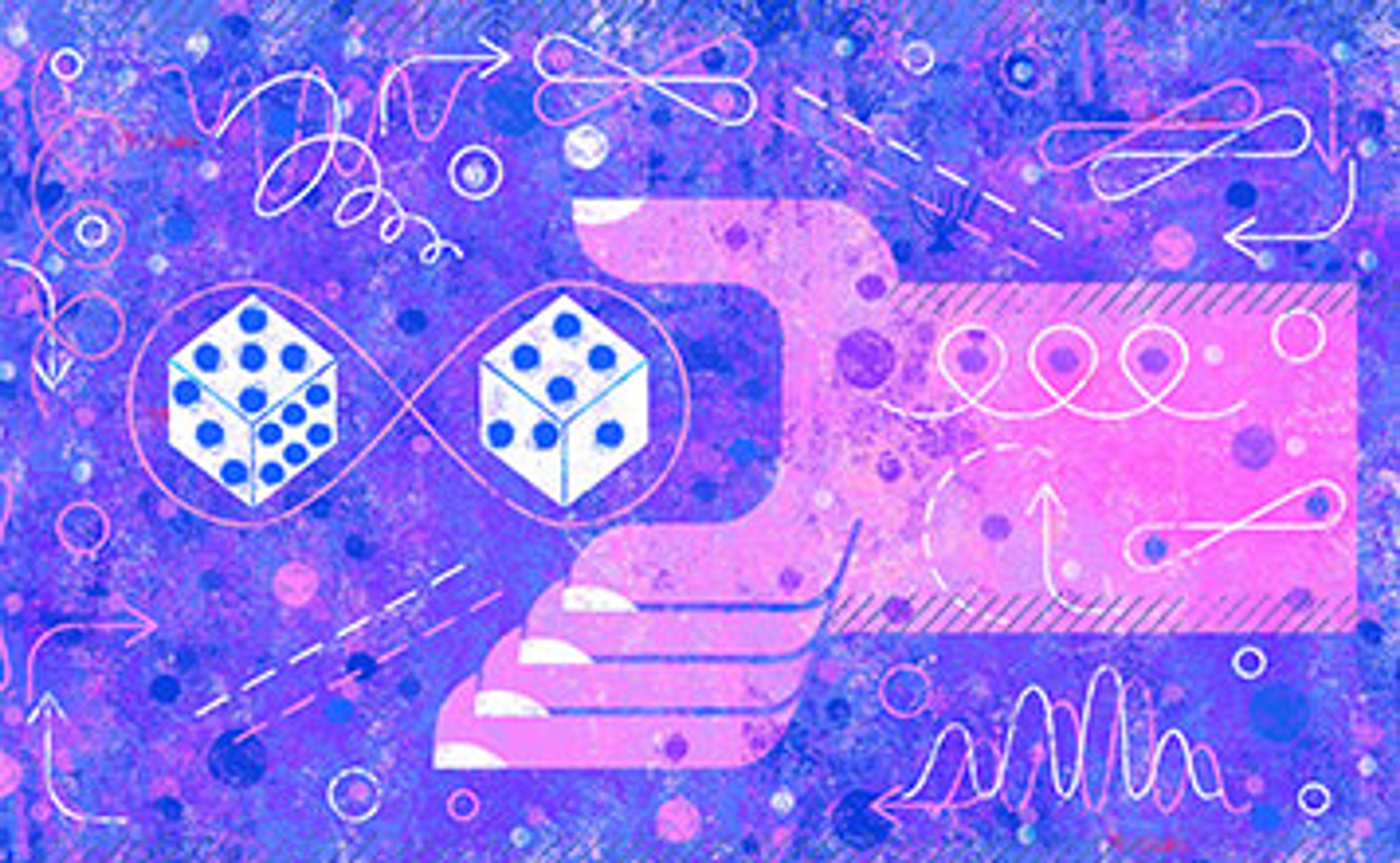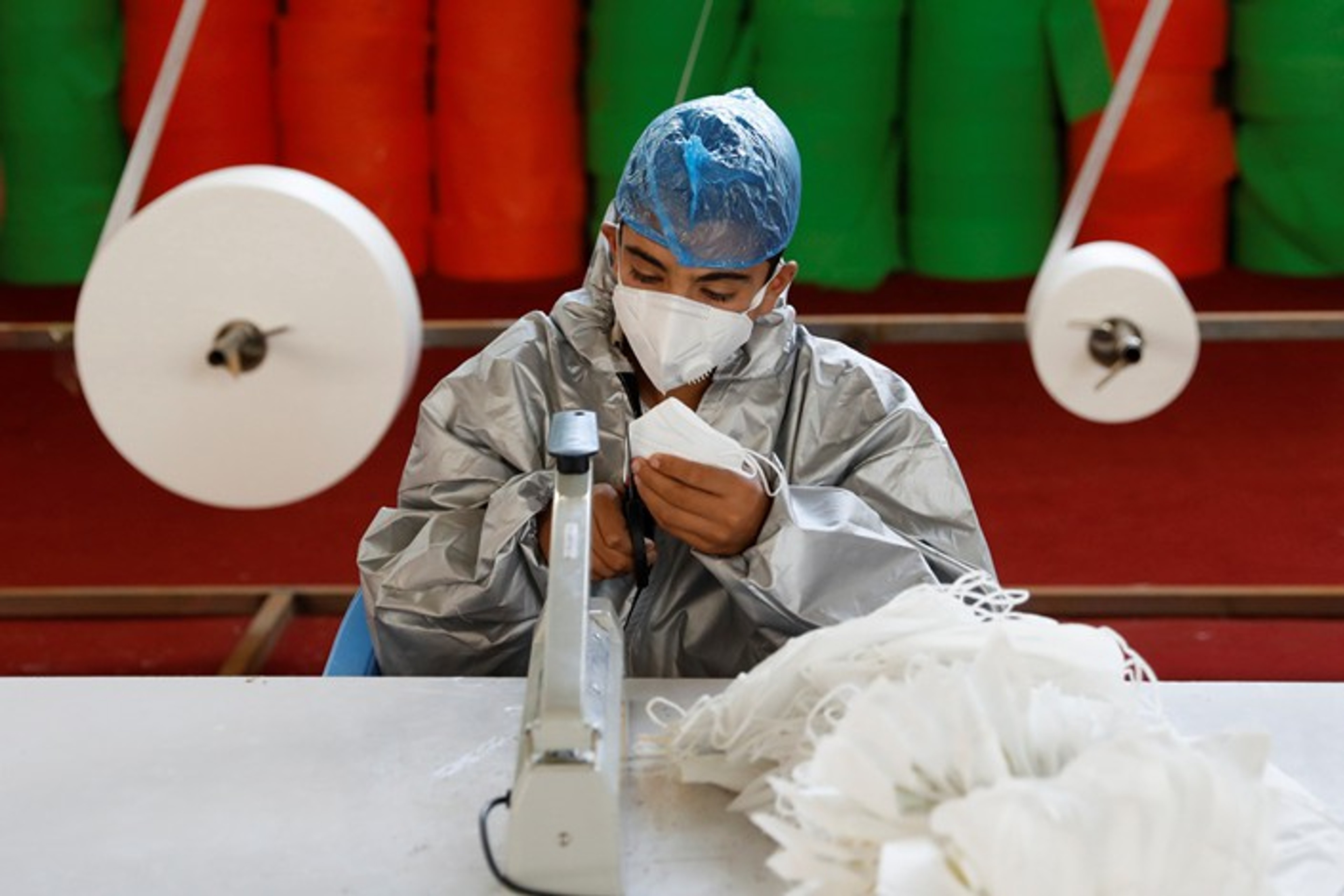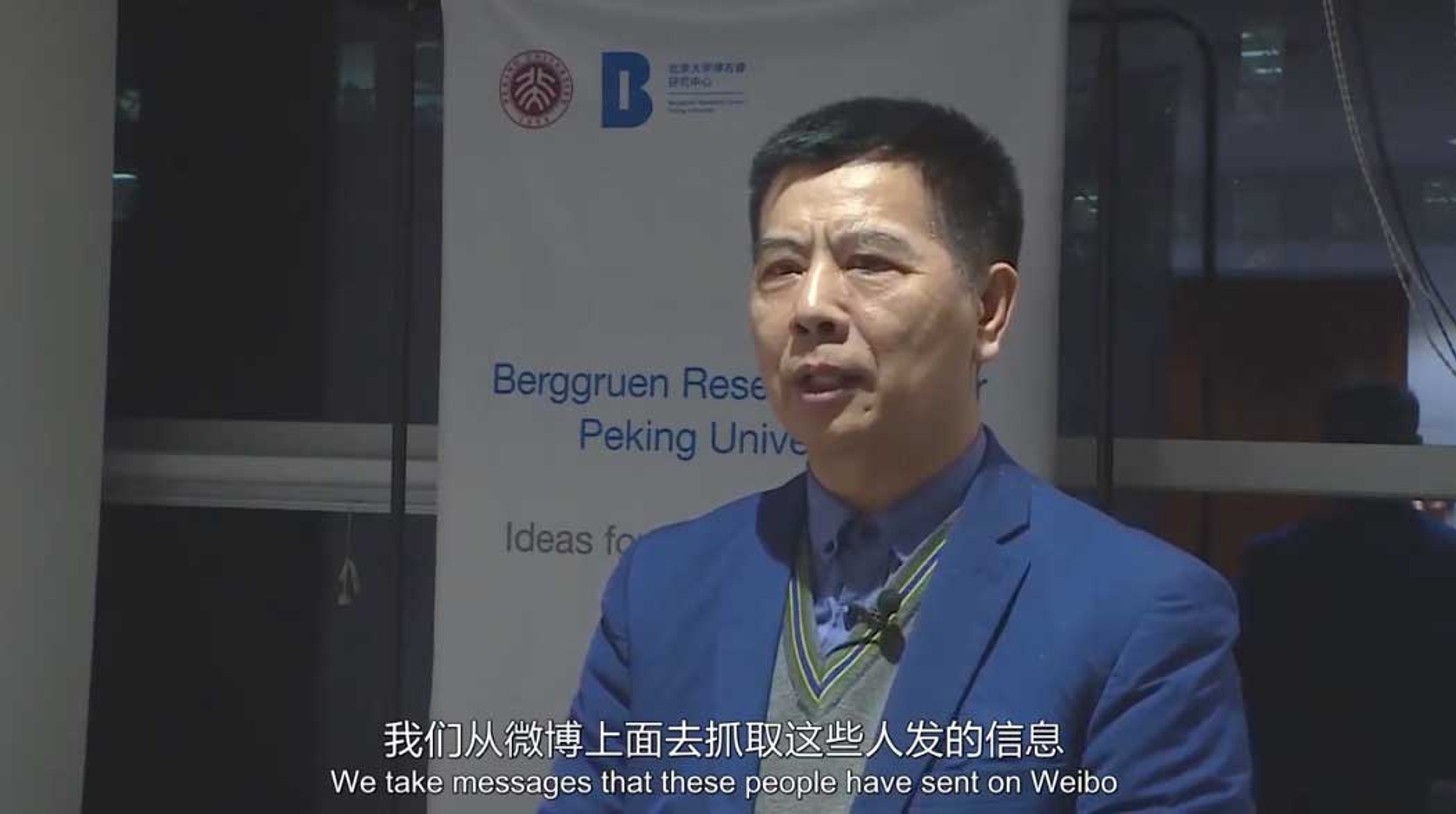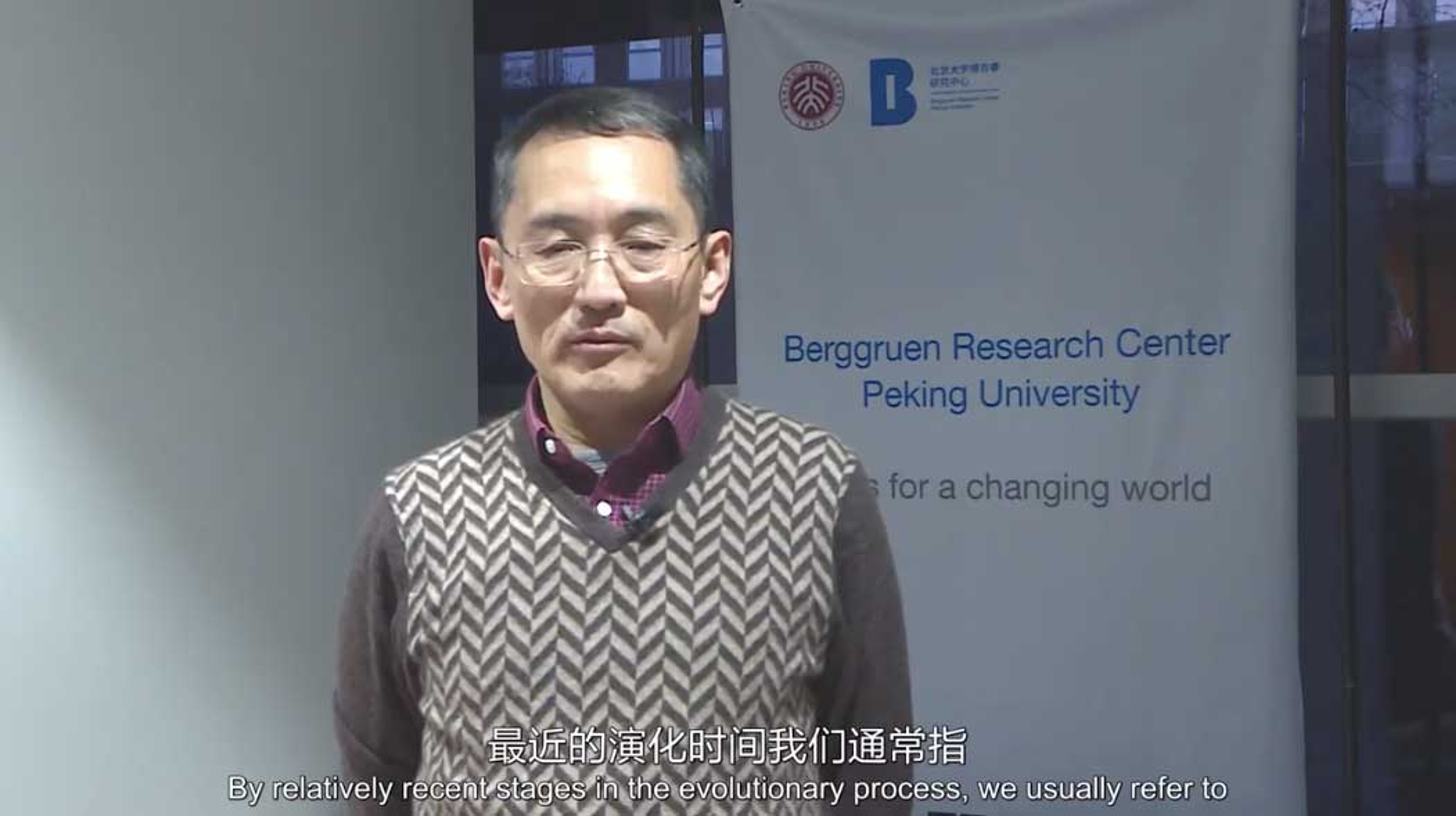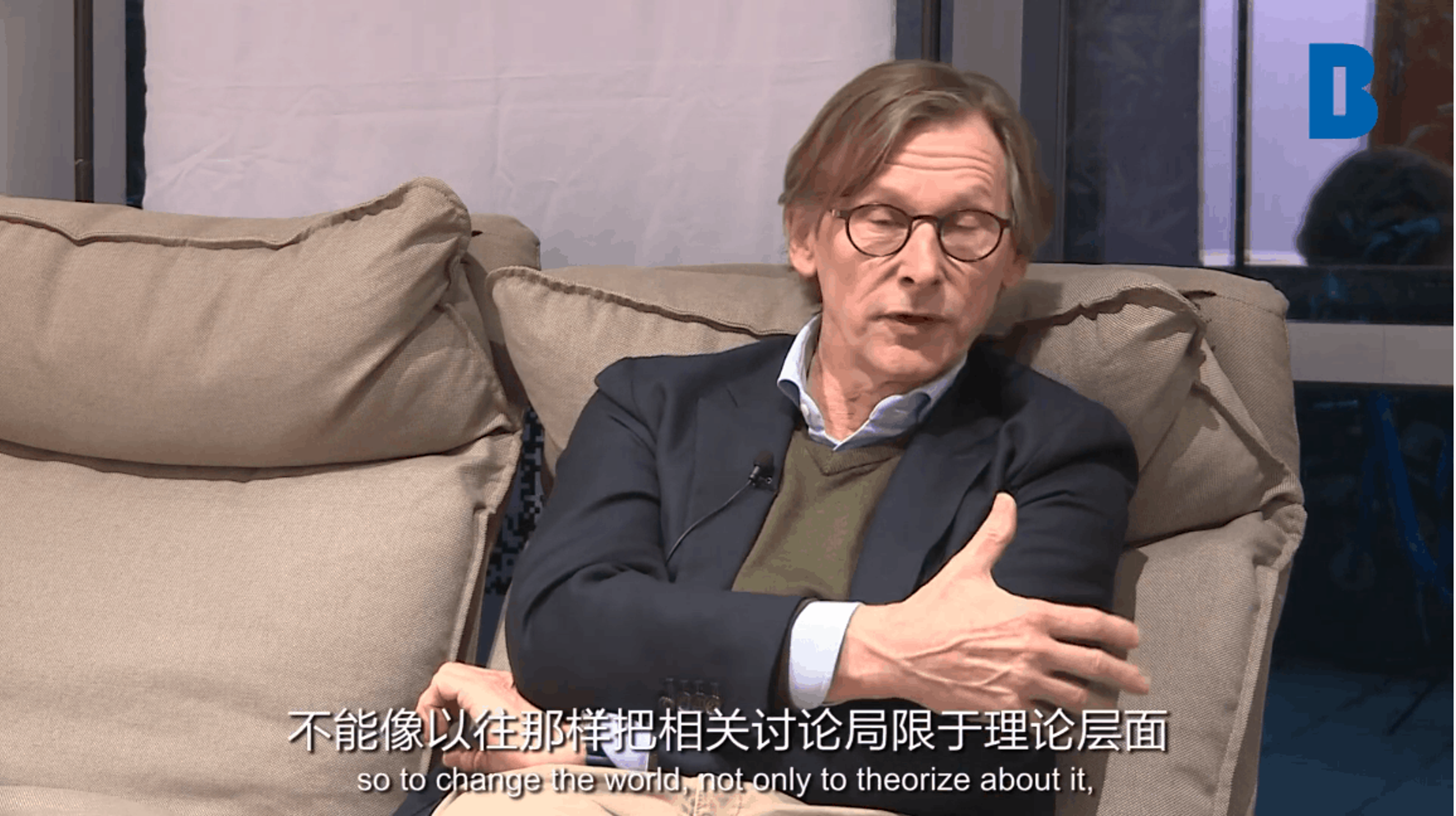AI Narratives: A Perspective from Classical Chinese Literary Culture
On August 18, 2020, the Berggruen Institute China Center at Peking University and the Leverhulme Center for the Future of Intelligence (CFI) at the University of Cambridge gathered for a workshop entitled “AI Narratives in Chinese Classics and Their Influence on Society Today.” The workshop marked the first fully virtual event from CFI’s Global AI Narratives Project–an interdisciplinary, cross-cultural initiative seeking to understand localized interpretations of artificial intelligence (AI) globally. Dr. Kanta Dihal, the principal project investigator, explained how much of the research on portrayals and perceptions of AI has primarily focused on the Western tradition, drawing on English-language sources. However, the impact of AI, promises to be truly global. Collaborations across countries and cultures are necessary to understand how different worldviews shape the hopes and fears surrounding AI’s steady advance.
With continuous civilization spanning thousands of years from antiquity to modern times, China has experienced an astonishing degree of cultural continuity. Only in the past 150 years has China been exposed to imported Western thought such as industrialization, globalization, and cultural ideas transmitted through Hollywood’s soft power. In response to these adopted ideas, Chinese attitudes towards AI often seem to mirror Western conceptions of the relationship between man and machine as analogous to master and slave. However, 150 years of imported thought has not fully eclipsed the cultural continuities and philosophical traditions which have persisted domestically across many millennia; China continues to be shaped by its ancient past rooted in Confucianism and Daoism. This workshop sought to initiate a discussion exploring what these “sticky” cultural components and historical narratives can tell us about current perceptions towards AI.
Professor Zhang Baichun[i] of the Institute for the History of Natural Sciences at the Chinese Academy of Sciences introduced his research on the history of science and technology in China from the Warring States Period (475-221 BC) and the Eastern Han (25-220AD), to the Song and Yuan dynasties (960-1368 AD). He proposes that interpreting ancient philosophical attitudes towards equipment, arms, and machinery can help us understand the influence of Pre-Qin thought on the acceptance of the emerging technologies today.
Ancient texts and parables reveal that scholars of Mohism, Taoism, and Confucianism held an apprehensive view towards technological innovation and its expected disruption to the existing world order. For example, the influential 4th century philosopher Zhuangzi disapproved of the use of machines such as juxi (桔槔), a tool used to draw water from a well, believing that “where there are ingenious contrivances, there are sure to be subtle doings; and that, where there are subtle doings, there is sure to be a scheming mind.” Automatic machines and weapons were considered supernatural, and as such were met with suspicion in the minds of the key thinkers of the day.
Many people believe Taoist and Confucian thought is responsible for hindering China’s technological development with beliefs that everything manmade disrupts the natural order of the cosmos and should be rejected. In his talk, Professor Zhang disputes this ancestral blame and asserts that in each dynastic period, philosophical disdain for technology’s assimilation into society did not effectively subdue its development. As evidence, Zhang points to many new inventions that arose throughout the Warring States period and the Han, Tang, Northern Song, and Yuan dynasties. As summarized by Director of the Berggruen Institute China Center Song Bing: the philosophies of ancient China did not seem to inhibit its technologies.
Drawing a parallel from past to present, Zhang explained how according to ancient stories, new technologies were met with doubt fueled by a fear of the unknown. This pattern repeats in modern times: a lack of prior knowledge and understanding of how a technology works breeds uncertainty regarding the magnitude and beneficence of its effect, letting imagination govern expectations. Zhang went on to highlight how ancient stories emphasize the effect personal behavior can have on a technology’s intended use; for example, “a knife can be used to chop meat, or kill a person.” Taking these two lessons from the historic treatment of new technologies, we can extrapolate that attitudes towards AI may be primarily driven by the uncertainty surrounding two questions: How does the technology work and for what purpose will it be applied?
The workshop continued with a philosophical discussion of technology led by Gai Fei.[ii] A specialist in Chinese philosophy and ethics, Gai explained the distinction between skill, technique, and dexterity in the theory of technology. “The Dao” (道), refers to the way, path, or principles governing nature and how individuals should live their lives. To follow the Dao is the ultimate aim, but skills and techniques are the guiding path, or the means to reach this end. Accordingly, Daoist theory of technology can be described along two axes: weiqiao (为巧, practicing the skill), and weidao (为道,practising the Way). Gai sees modern parallels; where weiqiao is similar to using AI to improve productivity and achieve a better quality of life, whereas weidao is the process of achieving a state of harmony with AI technology.
Gai also pointed to how differences between the Eastern and Western beliefs around celestial beings are integral to informing our modern treatment of AI. From Greek mythology and monotheistic religions stems a stereotypical Western hierarchy presenting gods as superior to humans. Conversely, in Chinese mythology, supernatural beings are more accessible, occupying a more interactive and reciprocal role in human life. In Daoist thought, a human is the master of their own way, enabling all humans to become deities in the end. Furthermore, where Western thought often portrays supernatural beings as dark, scary, or evil entities who refuse to communicate with humans (e.g. ghosts, spirits, demons, and monsters), Chinese mythology often presents supernatural beings as benign forces who regularly interact with people. If treated well, the supernatural beings might even bestow blessings.
This view of supernatural beings transcending boundaries with natural beings creates a unity between humans and deities. Mirroring this belief structure, it follows that an artificial being of superhuman intelligence is less likely to be considered as part of a competitive hierarchy with humans. Instead, AI, as a supernatural force, can coexist harmoniously, and even enable humans to better their own lives if they become “superhuman” through technological collaboration. This idea, originating from ancient Daoist thought, has been discussed in recent times by prominent technologists such as Elon Musk, who propose that better integration through human-computer interfaces implanted in the brain could reduce the likelihood of technological domination by AI.
The workshop’s final discussion focused on an exploratory work of Shanghai artists Qiu Anxiong[iii] entitled “The New Classic of Mountains and Seas.” The pieces in his collection share a common characteristic: mechanical and modern objects are superimposed onto Chinese classical-style paintings, reflecting a synthesis of old and new. The artwork is imaginative and thought-provoking: missiles shaped as fish, cars depicted as beasts of burden, tanks merged into the form of ducks, birds as helicopters, and bees as drones. Qiu’s animations equally blur the line between reality and virtual reality, bringing to life his pessimistic view of a future where people stay indoors all day, interacting only with their computers, experiencing all of life through virtual reality. Qiu’s interpretations reveal the increasingly undetectable distinction between what is real and what is virtual, and aims to sound the alarm against the full integration of man and machine.
Together, these conditions show that China’s rich and intellectually diverse history presents a culturally specific narrative with respect to emerging technologies and the hierarchy of human and artificial beings. As Stephen Cave, Executive Director of CFI, asked, ‘do these historical narratives and cultural determinants create divergence from the master-slave relationship so dominant in the Western perception of AI?’ It would appear so.
The understanding of immortals in Chinese philosophy and religion, where humans, animals, and even tools can adopt spiritual status, places artificial beings on a more equal footing as a force not to enslave, but with which to collaborate. The determinacy of technology’s effect as dependent on its use suggests AI could be considered not only as a threat to humanity, but also as a force for good in the same way that a knife can both assist human life and end it. Whether we can coexist harmoniously with AI will depend on how we use it and interact with it. Despite China’s prominent role in driving technological development and the ever-maturing AI ecosystem, looking to the past in addition to the future can help us better ground our understanding of persistent cultural influences on perceptions towards emerging technologies.
Two follow-up AI Narratives in China workshops will be held on November 17, 2020 and will explore AI narratives in contemporary Chinese science fiction. In January 2021, there will be a discussion on public perceptions of AI in China. By exploring localized narratives of technology and artificial intelligence, the Global AI Narratives workshops hope to build a nuanced global perspective on how artificial intelligence will shape our shared future.
[i] Zhang Baichun is the Professor and Director at the Chinese Academy of Sciences’ Institute for the History of Natural Sciences. He is the editor-in-chief of Chinese Annals of History of Science and Technology. His research areas focus on the history of science and technology in China, especially the history of machinery, mechanics, knowledge dissemination, and technology transfer.
[ii] Gai Fei is a Lecturer in the Faculty of Philosophy at Yunnan University and Director of the Department of Chinese Philosophy and Ethics. Her research includes work on Daoist esoteric practices, belief in celestial beings, and the philosophy of Zhuangzi.
[iii] Qiu Anxiong is an independent artist and Associate Professor at the School of Design at East China Normal University. He is considered a pioneer in introducing the aesthetics of ink painting to animation.
